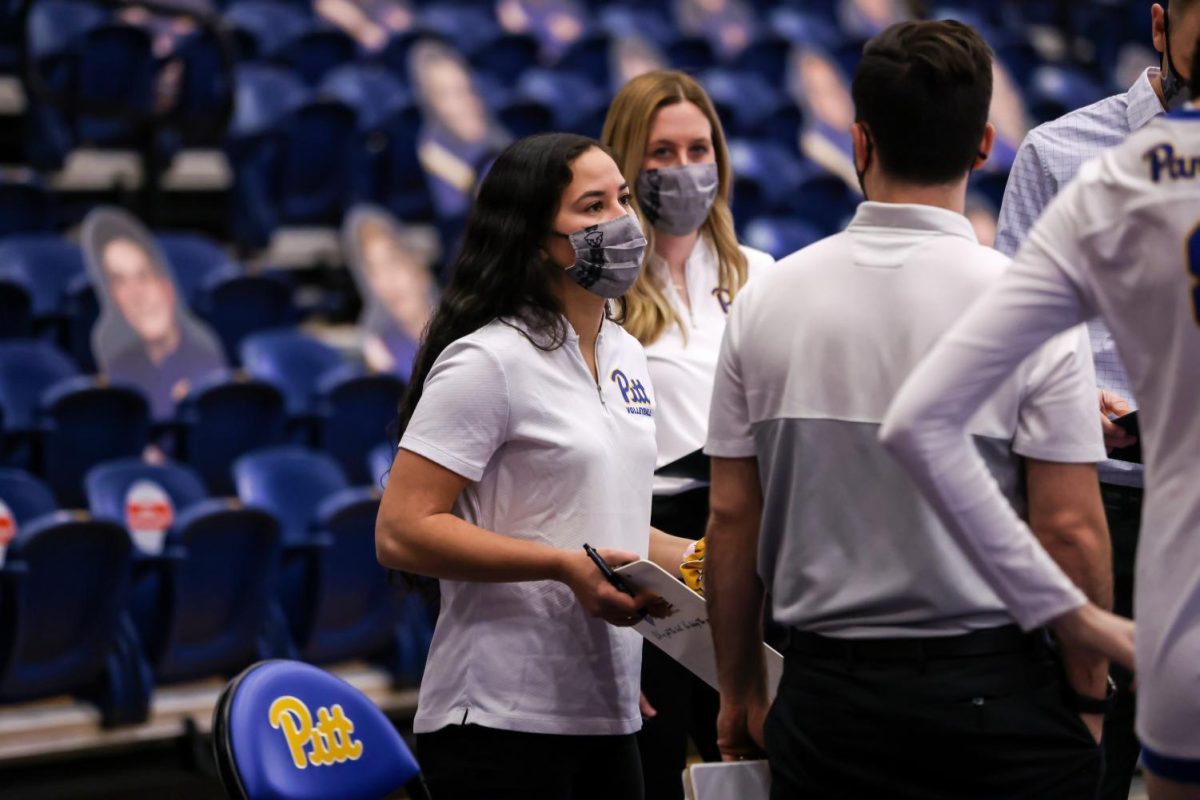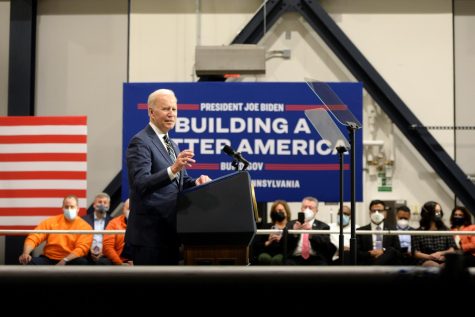Editorial: Britain’s new media law is detrimental to freedom of the press
March 21, 2013
Many newspapers and media outlets recently spoke out against elevated government oversight of the media in England. Press restrictions are being introduced in the U.K. in response to a scandal that involved reporters from the News of the World tabloid newspaper who in 2011 hacked the voicemails of senior aides of the royal family, murder victim Milly Dowler and more than 100 other people of interest to the tabloid. While the paper closed in 2011 in response to the discovery of these and other alleged criminal activities, some people see a need for a higher degree of monitoring over newspapers and other publications.
New restrictions and mandated oversight of the press surfaced in the form of a royal charter, a document issued by the monarchy. According to a March 18 article in The Guardian, the charter seeks to organize a body of people to choose an independent media regulator, a new authority who would have power to fine newspapers and other media outlets. While this decision is considered a compromise because it is issued by royal charter — and therefore has somewhat less power than the statutory laws issued by Parliament — this is still the most restrictive media law that England has seen since the 17th century.
The free media has traditionally been a self-governing industry, and installing a government official to monitor publications — including tabloid magazines, newspapers and Internet news and opinions sites made outside of the United Kingdom but read by people in the country — is not in the interest of a free press or, for that matter, the country.
While it is understandable and proper that action be taken against illegal activity, the answer to such abuses at national media outlets is not to create a new regulatory body with the power to police the press as a whole. A way to prevent and punish those who violate privacy laws already exists: the normal judicial process. Hacking into voicemail accounts is illegal in England, and those who violate this law — whether private citizens or journalists — should go through the same judicial process.
In addition, the media outlets that have committed fraud in the process of reporting have been tabloid newspapers, which are not known for their high-quality reporting. While media fraud occasionally occurs at all levels of the news industry, it’s unsettling to think that all newspapers and media sources will be monitored in response to certain tabloids’ suspicious reporting. Larger and more widely respected publications, like the BBC or The Guardian, have not been accused of committing fraud, so we question why a media regulator is necessary when self-regulation seems both more legitimate and less problematic than external monitors.
In addition to being seemingly unnecessary and concerningly reactionary, the government’s hiring of a media supervisor who has the ability to fine up to $1.5 million could make media sources less likely to publish bold, critical or controversial pieces. Allowing newspapers to monitor themselves and each other seems like a business model much more likely to continue to produce substantial, hard-hitting content and to allow the press to fulfill its key role in free societies as a societal watchdog and information provider.
While it’s clear that England must act in response to the scandal in the media, providing a regulator to oversee all media consumption in the country will not do. Self-monitoring media outlets, along with swift legal action through the justice system when abuses come to light, will encourage the press to continue to fulfill its duties thoroughly and responsibly.







